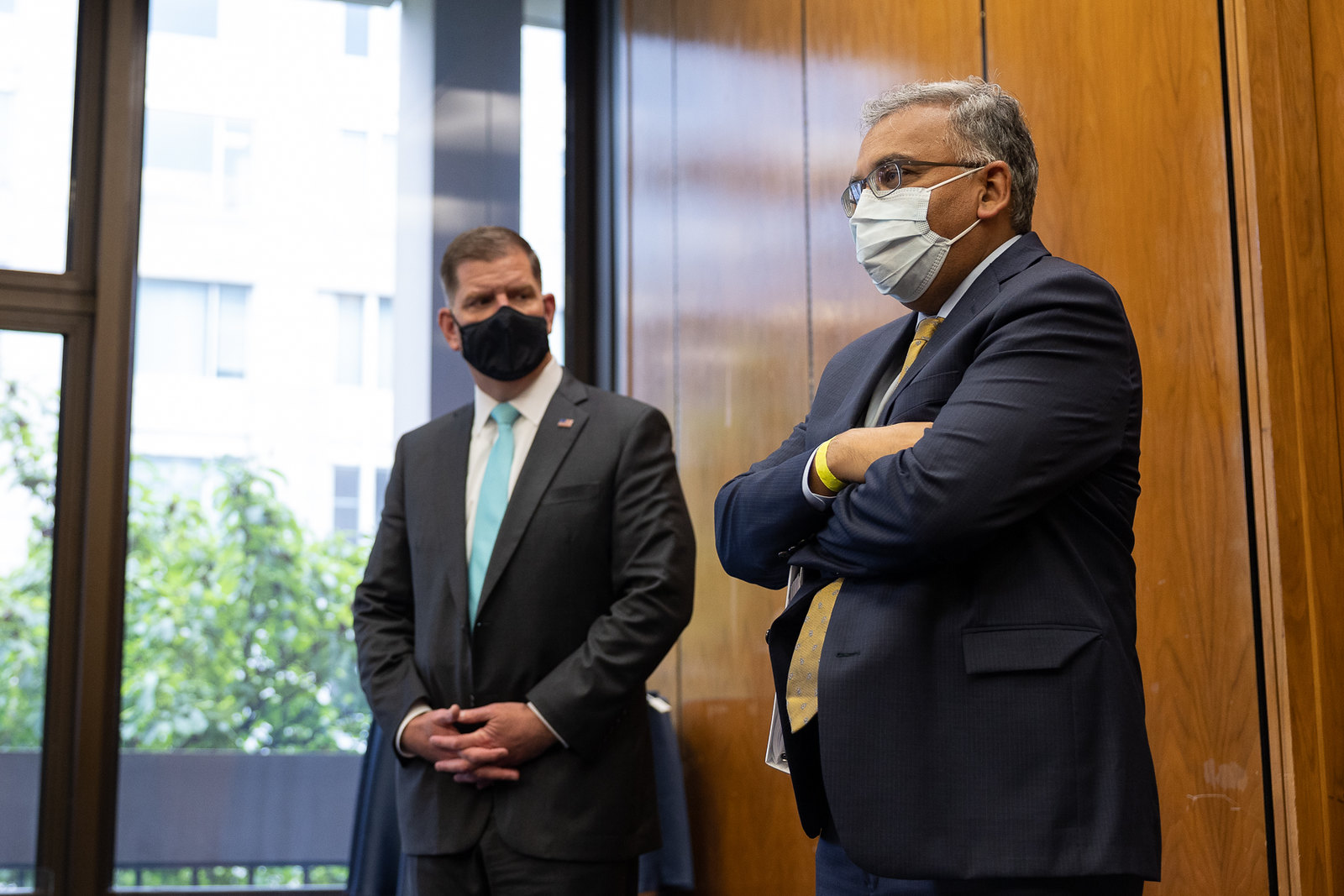Your cart is currently empty!

Filling the COVID-19 Information Void
White House COVID-19 response team leader Ashish Jha recently asked doctors to help educate the public on the virus. In a speech at a meeting of the Massachusetts Medical Society, Jha told healthcare professionals, “What we have seen is the widespread propagation of misinformation and disinformation. And the reason it has taken root is because there was an information vacuum…It is critical that we fill that vacuum because if we don’t, others will.”
COVID isn’t gone, and neither is the information gap
Back in 2020, Pew Research found that only 28% of Americans were confident that they could determine whether the information they found on the virus was accurate. In 2021, they reported high levels of confusion and uncertainty over the information available. Over that first year of the pandemic, large proportions of people relied on social media for news about the virus and the vaccines. The New York Times recently reported on the amount of misinformation shared on social media despite platforms’ efforts to curb it. They described physicians as “exasperated.”
How can doctors help close the information gap?
More than 93% of American adults ages 18 and up use Google as a primary source of information. People may listen to information about COVID-19 that shows up in their social media streams or at their dinner tables — and thanks to the algorithms and human nature, they are likely to hear mostly what they want to hear. But when people actually want to know facts about COVID-19 or any other health issue, they will usually turn to Google.
One study found that people receiving a diagnosis will now check Google before calling a loved one.
Therefore, doctors need to provide clear, honest information about COVID-19 (and other public health issues) on their websites. They also need to make sure that they show up when someone uses Google to find information about the virus.
Get found
We found that during the pandemic Google focused much more on the quality of health-related resources. Previously studies had found that as much as half of the information that showed up on the search engine results pages for healthcare questions was inaccurate. During the pandemic, reliable sources took over most of the SERPs. Our clients saw significant gains in rankings and traffic.
Organizations like the World Health Organization and the CDC now headline the SERPs when you ask Google about COVID-19. That’s as it should be. But if you are a physician with a high quality website, you can expect that your patients will see your answers to their questions alongside those of national and international healthcare organizations.
If you do not consider search engine optimization, do not share information about the virus, or do not have a website, you cannot do much to help fill the vacuum Dr. Jha mentions. You will be able to tell people directly when you see them, and you should. But you will not reach the thousands you could reach with your website.
If you want to strengthen your online presence, we can help. Use the simple form below to tell us a little bit about yourself and we will be in touch.
Photo Credit: Department of Labor
Alyson Fligg
by
Tags:

Leave a Reply